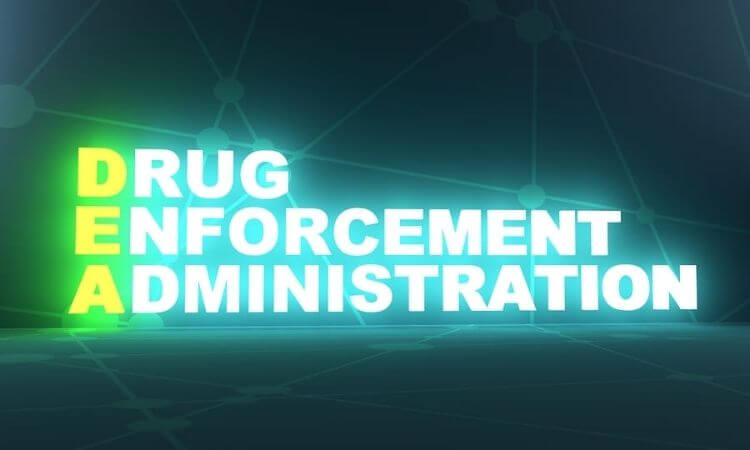
Is Trazodone a narcotic? – Trazodone is the generic name of a medication that can act as an antidepressant and hypnotic, which means it’s effective at inducing sleep. It can be prescribed to people to treat depression, insomnia, and anxiety disorders.
Trazodone is not a narcotic, and it’s not classified as a controlled substance in the United States. However, it does require a prescription for its use, and it does also have a relatively low potential for abuse.
When a person uses Trazodone, it influences the brain’s neurotransmitters, including feel-good chemicals such as dopamine and serotonin. It’s widely believed that an imbalance in such neurotransmitters is one of the main causes of depression and that Trazodone prevents the brain from reabsorbing serotonin, allowing for more to be available.
Along with treating depression, Trazodone can improve mood and increase energy levels and appetite. There are also some off-label uses of Trazodone as well, and these include the treatment of fibromyalgia, panic disorder, bulimia, alcohol withdrawal syndrome, schizophrenia, and obsessive-compulsive disorder.
Trazodone Drug Class
Trazodone is considered to be an atypical antidepressant, and as noted, not a narcotic. Narcotics are opioid drugs that include prescription medications as well as illegal substances sold on the black market. Narcotics are classified this way because they have a high potential for addiction. Some of the most commonly abused narcotics include morphine, oxycodone, heroin, and fentanyl.
More specifically, Trazodone is known as a serotonin modulator. It is not chemically related to other commonly prescribed antidepressants, such as selective serotonin reuptake inhibitors (SSRIs), but it is nonetheless useful for the treatment of depression in some people.
A serotonin modulator acts on the serotonin neurotransmitter system in a number of ways. These types of drugs were designed to address the fact that there are many serotonin receptors, and not all of them are affected by SSRIs or other typical antidepressants.
While Trazodone can also help with insomnia, it doesn’t impact the brain’s functioning or thinking, unlike other medications that can induce sleep, such as benzodiazepines. It is believed that Trazodone has a relatively low potential for abuse, but misuse can and does occasionally occur.
Of noted, Trazodone has been associated with the onset of hallucinations when it’s used in high doses. There are other severe risks associated with taking too much of the drug, so it’s risky to use it other than prescribed for a legitimate medical purpose.
Why Trazodone Is Not a Controlled Substance

A controlled substance is a drug that’s either illegal or available by prescription only under very specific circumstances. Drugs that are controlled substances are perceived as having the potential to produce an adverse effect on the person using them, and for this reason, they are regulated by the federal government. If someone is apprehended with a controlled substance that’s illegal for them to have, they may face legal consequences, including fines, incarceration, and probation.
Most controlled substances have a potential for abuse and addiction—that is why they are controlled. Because of Trazodone’s low potential for misuse, it is not classified as a drug of abuse. A person can become dependent on Trazodone, but, other than withdrawal, they are unlikely to face many adverse consequences regarding its use.
There are several categories into which drugs can be classified under the controlled substances act. For example, a Schedule I controlled substance, such as heroin, has no accepted medical use, has a high potential for abuse, and is not considered safe to use under any circumstance. From there, the list progresses to Schedule II drugs, which have a high potential for abuse but may have some medical purpose. An example of this would be methamphetamine, which is occasionally used to treat stubborn ADHD or obesity. There are also Schedule III, IV, and V drugs.
So while Trazodone is not a controlled substance, similar to many other prescription medications, there are still some risks associated with its use. A person can use it without a prescription, or use it too often or in an excessive dose. Using Trazodone in any way other than intended is considered abuse.
Getting Help for Addiction
Overcoming Lyrica addiction is possible with appropriate treatment and aftercare. Contact us today and get more information about our addiction treatment programs and continued care options! Our caring staff are dedicated to ensuring that our clients are given the very best care available, and have the tools they need to recover fully and foster the happy, satisfying lives they deserve!